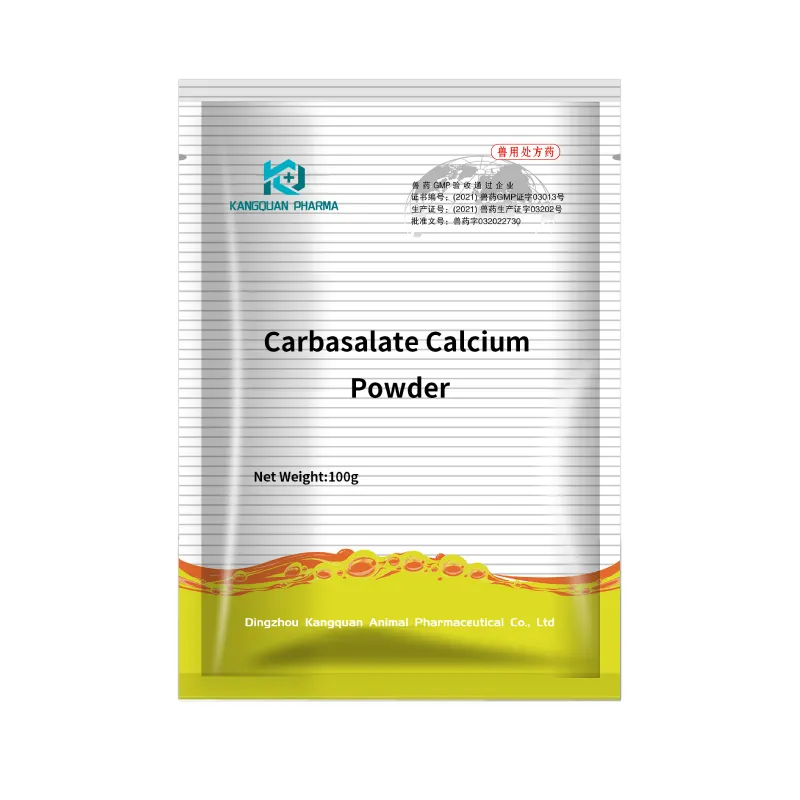- Afrikaans
- Albanian
- Amharic
- Arabic
- Armenian
- Azerbaijani
- Basque
- Belarusian
- Bengali
- Bosnian
- Bulgarian
- Catalan
- Cebuano
- Corsican
- Croatian
- Czech
- Danish
- Dutch
- English
- Esperanto
- Estonian
- Finnish
- French
- Frisian
- Galician
- Georgian
- German
- Greek
- Gujarati
- Haitian Creole
- hausa
- hawaiian
- Hebrew
- Hindi
- Miao
- Hungarian
- Icelandic
- igbo
- Indonesian
- irish
- Italian
- Japanese
- Javanese
- Kannada
- kazakh
- Khmer
- Rwandese
- Korean
- Kurdish
- Kyrgyz
- Lao
- Latin
- Latvian
- Lithuanian
- Luxembourgish
- Macedonian
- Malgashi
- Malay
- Malayalam
- Maltese
- Maori
- Marathi
- Mongolian
- Myanmar
- Nepali
- Norwegian
- Norwegian
- Occitan
- Pashto
- Persian
- Polish
- Portuguese
- Punjabi
- Romanian
- Russian
- Samoan
- Scottish Gaelic
- Serbian
- Sesotho
- Shona
- Sindhi
- Sinhala
- Slovak
- Slovenian
- Somali
- Spanish
- Sundanese
- Swahili
- Swedish
- Tagalog
- Tajik
- Tamil
- Tatar
- Telugu
- Thai
- Turkish
- Turkmen
- Ukrainian
- Urdu
- Uighur
- Uzbek
- Vietnamese
- Welsh
- Bantu
- Yiddish
- Yoruba
- Zulu
8 月 . 13, 2024 05:26 Back to list
Effects and Applications of Oxytetracycline Injection in Equine Medical Treatments and Therapies
Oxytetracycline Injection for Horses A Comprehensive Overview
Oxytetracycline is a broad-spectrum antibiotic that is widely used in veterinary medicine, particularly in equine practice. It belongs to the tetracycline class of antibiotics and is effective against a wide range of bacterial infections. The use of oxytetracycline injection in horses has become an integral part of ensuring their health, especially when combating infections or treating certain diseases.
Indications for Use
Oxytetracycline is primarily indicated for the treatment of respiratory infections, such as pneumonia, which can be particularly severe in equines. It is also beneficial for treating musculoskeletal infections and conditions such ashoof abscesses and shipping fever. Additionally, oxytetracycline has shown efficacy in managing certain systemic infections, including those caused by gram-positive and gram-negative bacteria, as well as some rickettsial and mycoplasmal infections.
Mechanism of Action
Oxytetracycline works by inhibiting protein synthesis in bacteria. It binds to the 30S ribosomal subunit, preventing the incorporation of amino acids into proteins, which ultimately inhibits bacterial growth. Because of its broad-spectrum nature, it can effectively target a variety of pathogens, making it a pivotal choice in treating infections where the specific causative agent may not initially be identified.
Administration and Dosage
oxytetracycline injection for horses

The administration of oxytetracycline in horses is typically through intramuscular or intravenous injection. The choice of route largely depends on the severity of the infection and the need for rapid therapeutic levels in the bloodstream. Dosage may vary based on the specific condition being treated, the severity of the infection, and the weight of the horse. It is crucial for veterinarians to follow established guidelines for dosage and administration to ensure efficacy while minimizing the risk of adverse effects.
Side Effects and Considerations
While oxytetracycline is generally well-tolerated, it is not without potential side effects. Common adverse effects can include gastrointestinal upset, which may manifest as diarrhea or colic. In rare cases, allergic reactions can occur, necessitating immediate veterinary intervention. It is also important to consider the implications of antibiotic resistance when using oxytetracycline, as overuse can lead to the development of resistant bacteria. Consequently, it should only be used when indicated by a veterinarian, and alternative therapies should be considered when appropriate.
Regulatory Aspects
The use of antibiotics in food-producing animals is strictly regulated to ensure food safety and minimize the potential for antibiotic resistance. Oxytetracycline must be used in accordance with veterinary guidelines, particularly regarding withdrawal times prior to slaughter and when producing milk or eggs. This ensures that antibiotic residues do not enter the food supply, safeguarding both animal and human health.
Conclusion
Oxytetracycline injection is a critical tool in equine medicine, providing an effective means of treating bacterial infections in horses. Its broad-spectrum activity and established efficacy make it a go-to antibiotic for many veterinary practices. However, judicious use is essential to prevent the emergence of antibiotic-resistant strains of bacteria. Veterinarians play a vital role in managing the administration of oxytetracycline, ensuring that horses receive appropriate care while also adhering to regulatory standards that protect public health. Through responsible use and ongoing vigilance in monitoring horse health and antibiotic stewardship, oxytetracycline will continue to be an essential component of equine veterinary medicine.
-
The Power of Radix Isatidis Extract for Your Health and Wellness
NewsOct.29,2024
-
Neomycin Sulfate Soluble Powder: A Versatile Solution for Pet Health
NewsOct.29,2024
-
Lincomycin Hydrochloride Soluble Powder – The Essential Solution
NewsOct.29,2024
-
Garamycin Gentamicin Sulfate for Effective Infection Control
NewsOct.29,2024
-
Doxycycline Hyclate Soluble Powder: Your Antibiotic Needs
NewsOct.29,2024
-
Tilmicosin Premix: The Ultimate Solution for Poultry Health
NewsOct.29,2024













